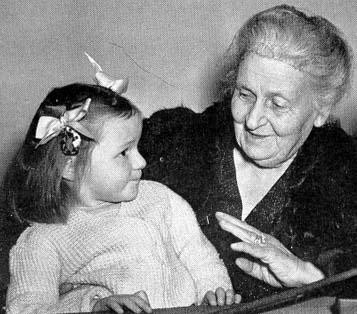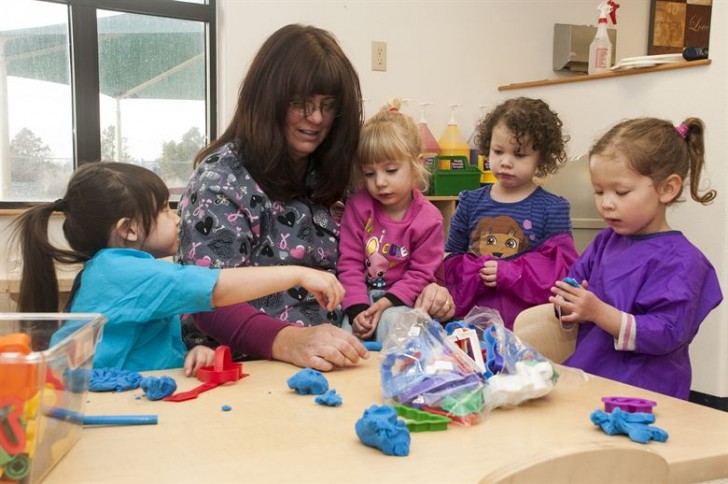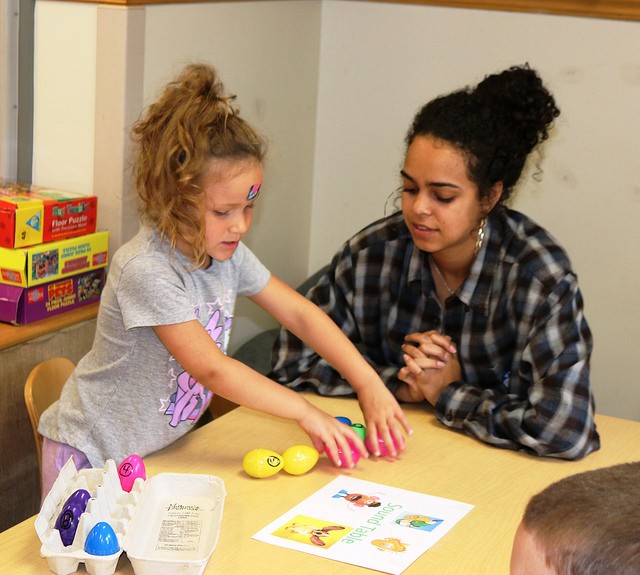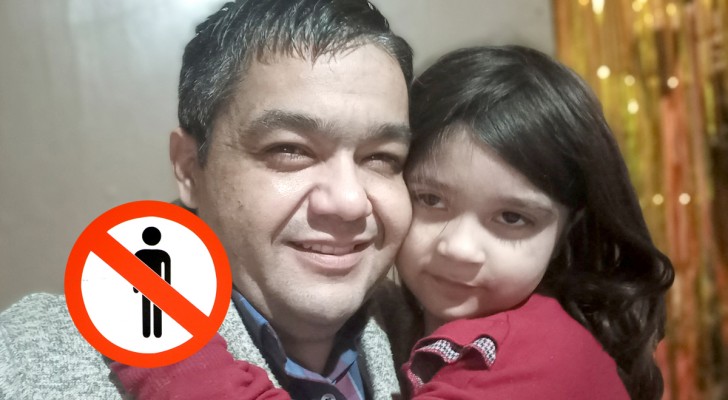"Mr. Error" --- Maria Montessori's educational method that turns an error into a life lesson

Maria Montessori, an Italian scientist who lived during the first half of the 20th century, became famous for having devised an innovative educational method, which takes its name from her.
In fact, the Montessori educational method which has been adopted in thousands of schools all over the world is based on the premise of independence and freedom of choice for children in their educational process; all in respect of the natural physical, psychological, and social development of the child.
In particular, according to the Montessori pedagogy, error is fundamental and omnipresent in the learning process - in children as well as in adults. Therefore, we must explain errors to children without humiliating them; from this also follows the prohibition of grading children and judging them. Here are the words - which are still valid - Maria Montessori used to explain the concept of "Mr. Error".

"In regards to error, it is better to have a friendly attitude towards error and to consider it as a companion who lives with us and has a purpose, because it really has one.
Wherever we look, we will always find Mr. Error! If we want to work towards perfection, it is better to pay attention to the mistakes because perfection can only be realized by correcting errors and they must be fully acknowledged, remembering that they exist just as life itself exists."

"What do the corrections in the homework task mean? It means to score ten or zero! How can zero represent a correction?
Then the teacher says: "You always make the same mistakes and you do not listen when I speak, so you will fail your exams."
All the notes in the notebooks and the teachers' comments produce a reduction of energy and interest. Saying: "You're bad or you're stupid", it's humiliating; it is insulting and offensive, but not a correction, because the child has to improve himself - and how can he improve if he is already below average, and besides that, he is humiliated?"

"If a child lacks discipline, he becomes disciplined by working in association with other children and not by being told that he is undisciplined. If you tell a pupil that he does not know how to do something, he can easily answer: "Why are you telling me this, I already know this!"

Aberdeen Proving Ground/flickr
"We, therefore, realize a scientific principle which is also a principle of truth: the control of error. Whatever is done in school by teachers, children or others, there are always errors.
In school life, the principle that correction is not important must be introduced, and that it is the individual control of the error, which tells us if we are right or not."





